ICBF and Teagasc have developed a set of breeding guidelines to improve the sustainability and resource efficiency of your dairy herd in the future.
These guidelines have been endorsed by the DAFM-led Calf Stakeholder Forum, consisting of key industry stakeholders, including DAFM, farmers, ICBF, Teagasc, the National AI companies, the milk and meat processing industries, Bord Bia and Animal Health Ireland. The guidelines include a simple 7-point plan, which, if followed, will ensure the continued sustainable improvement of your dairy herd into the future.
The goal is to breed a dairy cow that:
(i) is healthy and resource efficient (requiring fewer interventions, less labour, and less N & P use),
(ii) is sustainable (profitable and carbon efficient), and
(iii) will produce calves that can integrate into our beef industry.
The best way to achieve these goals is to maximise the use of AI in your herd. You can do this by using a team of high EBI dairy AI bulls on females with an EBI of at least €170 to generate dairy replacements, as well as using high Dairy Beef Index (DBI) beef AI bulls on lower EBI females. Please study the enclosed DBI flyer to fully understand the steps you should take to generate saleable cattle for finishing.
These guidelines will help secure the future profitability, sustainability, and carbon efficiency of your farm and the broader industry.
- Herd genetic merit has a direct effect on your farm’s performance and profit, so it pays to know your herd’s strengths and weaknesses. Refer to your ICBF Herd EBI Scorecard to help establish what these are.
- Use sexed semen to generate most or all of your dairy heifer calves for 2025. Plan to use at least two high EBI sexed semen straws to generate each dairy female required.
- Only use females with an EBI of at least €170 for mating to high EBI dairy bulls (either sexed or conventional). All remaining females should be mated to beef bulls with a high Dairy Beef Index (DBI) and a high beef sub-index value from the start of the breeding season. If you will not achieve enough dairy replacements with this strategy, consider sourcing replacements from high health status herds with an individual EBI of at least €220. Sourced stock should all be AI bred and genotyped.
- Order your sexed semen as soon as possible to ensure that the bulls you select are available. Select a team of high EBI AI bulls from the ICBF dairy active bull list to breed your dairy herd replacements. Use the team of bulls equally across the herd with no more than 15% of matings to any individual bull to minimise genetic and fertility risks. For a typical 100-cow dairy herd, at least 8 bulls should be used, with no more than 15 straws (i.e., 15% matings) to any individual bull.
- To generate saleable, profitable and sustainable dairy-beef cattle, use beef AI bulls from the ICBF Dairy-Beef Active bull list. Firstly, select bulls with a calving difficulty percentage range suitable for the females being mated (i.e., first calvers, second calvers, mature cows), and then select beef bulls with the greatest Beef sub-index value. This strategy will increase the commercial beef value (CBV) of the resulting dairy-beef calves.
- Use the ICBF HerdPlus Sire Advice Tool. It will simplify the process of optimising the mating events for both dairy and beef bulls. The tool allocates dairy bulls to females based on their strengths & weaknesses, as well as manage inbreeding. The tool also identifies the optimum beef AI bull mating to minimise calving issues and maximise beef merit.
- Ensure that inseminations with sexed semen are completed in the first 3 weeks of the breeding season. Prioritise sexed semen usage on maiden heifers, younger cows, earlier calving cows, and cows without health issues. Contact your AI technician in advance of using sexed semen and pay careful attention to AI procedures. The optimum timing of AI for sexed semen is 14 to 20 hours after the onset of standing heat.
If you would like support in generating 2024 Sire Advice matings, please contact the HerdPlus office on 023-8820452 or email [email protected].
